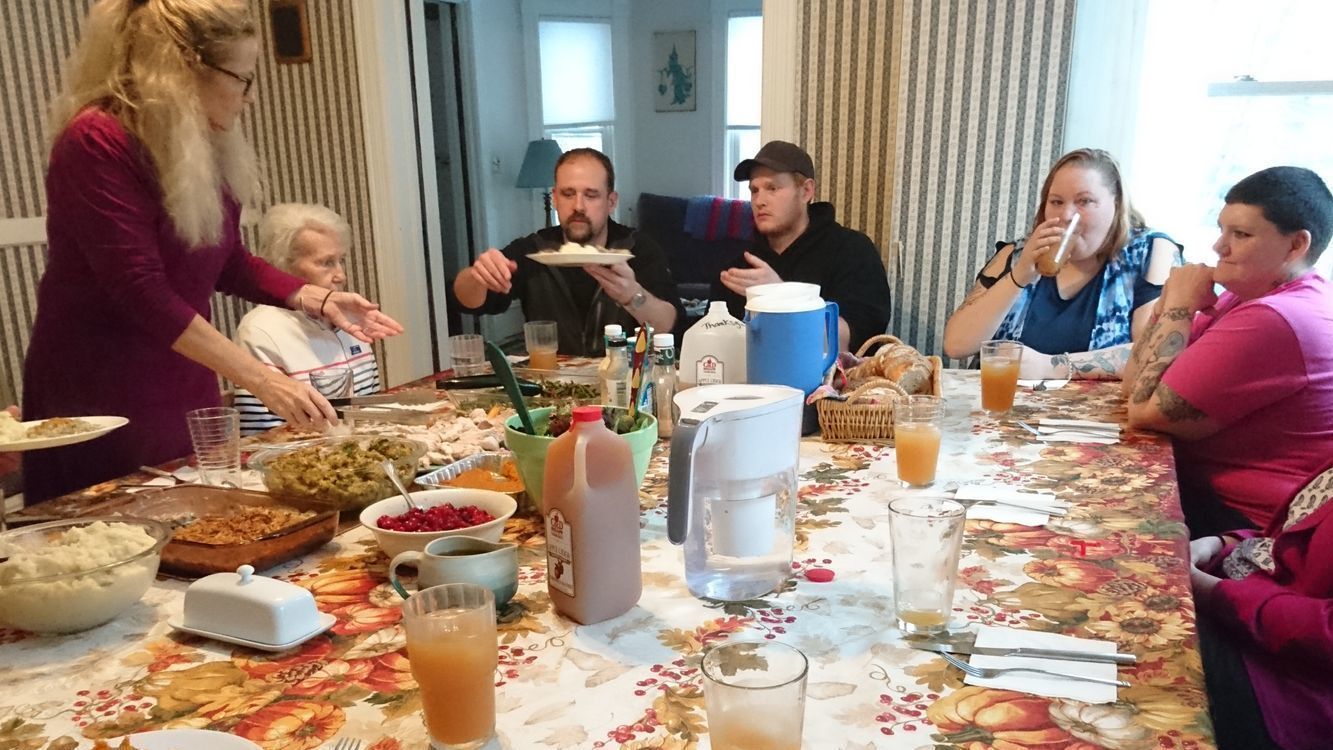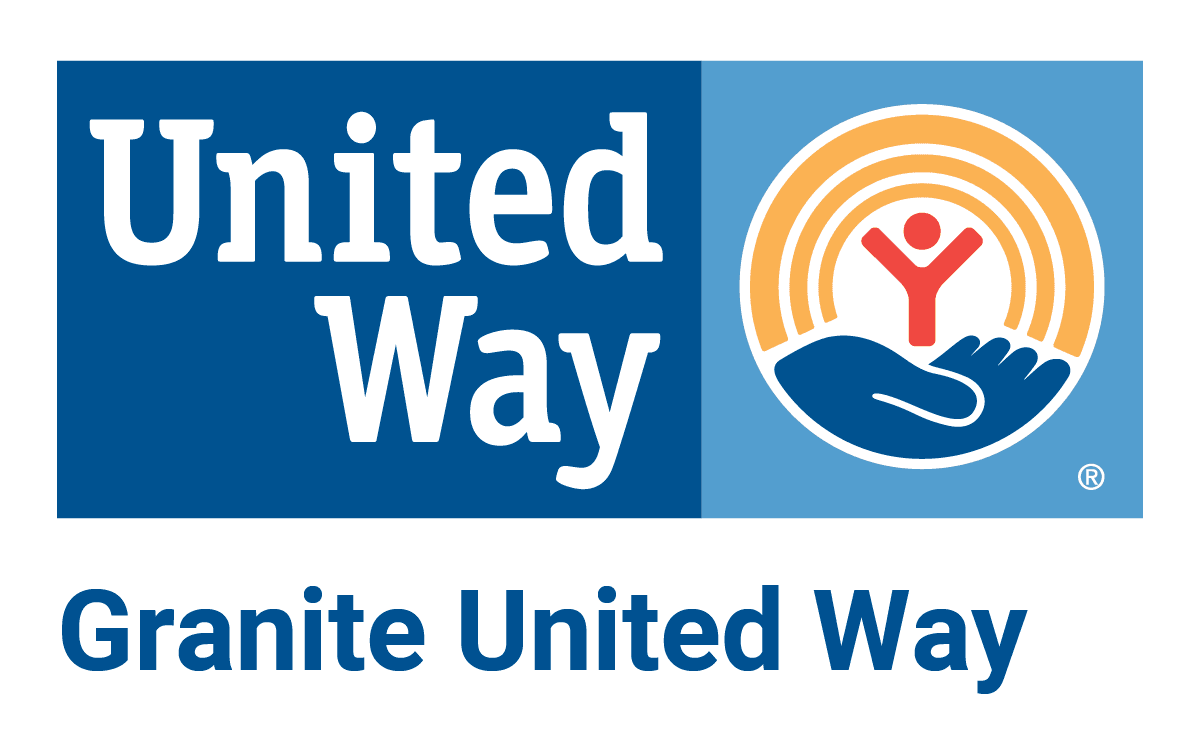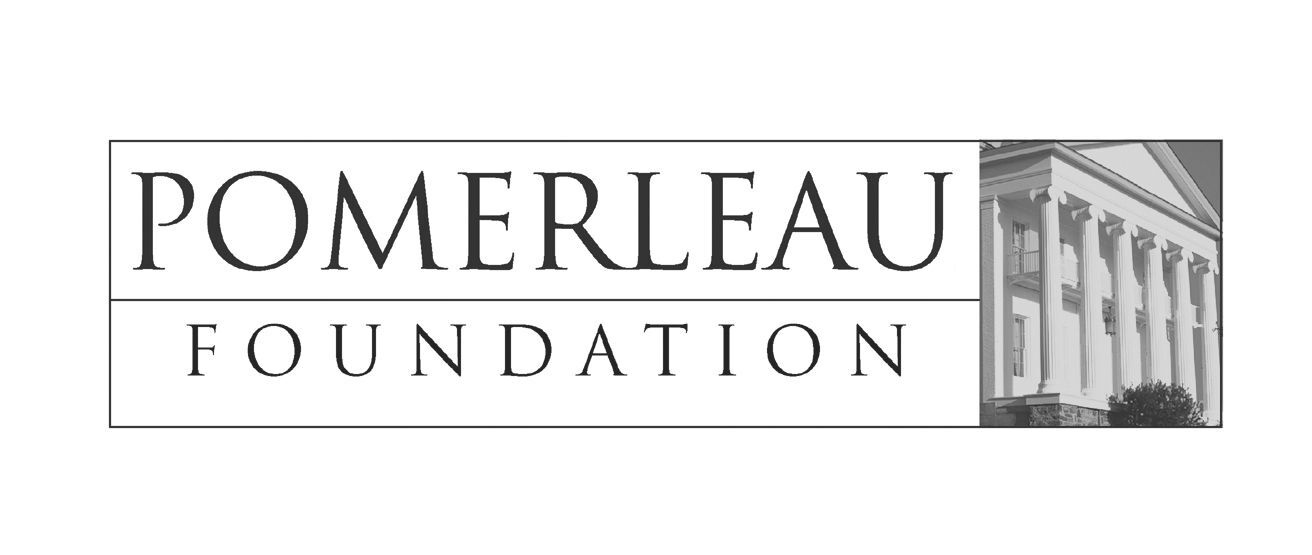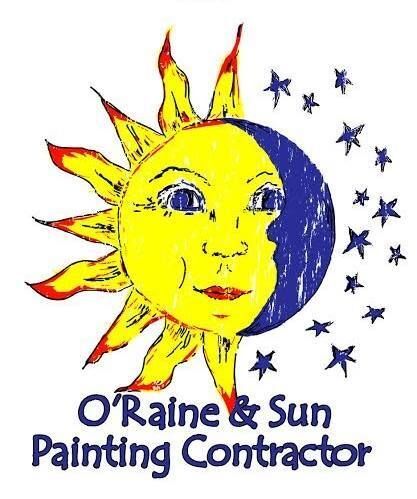Dismas isn't just a home; it is a community, not just of the residents who live here but also of the staff and volunteers who come every day. Today, after one year of sobriety, I feel like a completely different person. I can proudly say that I am a hard worker, I have integrity, and I care not only about others but also about myself. I am beyond grateful to have been given the chance to reside at Dismas.
Today, I am a proud father of five wonderful children—three boys and two girls. My role as a father and a contributing community member has given me the motivation to continue striving for a better future. I am currently a student at the Community College of Vermont (CCV), on the brink of graduating with an associate degree in Behavioral Science. I have maintained high honors throughout my academic journey, receiving copious amounts of scholarships and grants to help me pursue my goals. This academic achievement is a testament to my resilience and commitment to personal growth.
Currently, I am fulfilling my internship, a degree requirement, at the Rutland Dismas House. This valuable opportunity will enhance my professional field experience and support the continuation of my education. My educational and career goal is to assist individuals suffering from active addiction by providing them with hope and guidance on their path to recovery from substance abuse.
The Rutland Dismas House served as the catalyst for my transformation, providing a solid foundation for my recovery through invaluable community connections. The journey from active addiction to becoming a responsible father, accountable community member, and soon-to-be graduate has been both challenging and immensely rewarding. I hope my story inspires others to believe in the power of recovery and the significance of community support.
When I was at Buell Street, Dismas residents were asked by the Board of Directors, what are your barriers to moving out of the houses? We said we couldn’t find affordable housing. When a landlord has ten applications for a unit, they generally are going to take someone with a clean record. A program like step-down housing helps people build rental history, puts some distance between them and their charges, and gives them time to maybe even expunge or seal their charges.”
My dad is really proud of me and he's really grateful to Dismas. He helped me move in, he’s the man and I love him. The other day he commented on how incredibly lucky I am to have this...something I’m well aware of. I’m 32 and I've never had my own place before, I've always just rented rooms. It is nice to have my own spot to call home and it feels good to be trusted with this opportunity, to be trustworthy again. People have faith in me that I’ll do the right things, and I intend to keep my word, and I have trust that my community will help me if I need it.”
In 2021, Vital Communities worked with a Hartford Dismas House resident to get him financial assistance with purchasing an eBike, which led to their help securing a shared eBike for all residents to use. A huge success, the partnership has served as a model and has since been replicated among other nonprofits, including the Hartford Restorative Justice Center and SHARe Upper Valley.
“Just because I’m an alcoholic and drug addict (side note, Holmer is 15 years sober), doesn’t mean I’m not a good solid guy. I know a lot more than people think I do.” Despite this common misconception, Holmer has people who have stuck by him. “They love me, and they know me. I’m so blessed to have the support from everybody, from my ex-wife to my close friends to my landlord.” He gives special credit to Jeff Backus, former Hartford Dismas House Director, noting “he was very, very good to me and helped me a lot."
Holmer lost so much when he went inside, “But that’s ok. You know those are things I had to leave behind. If that’s what it took to get me where I am today, I am good with all of it.”
The Dismas community is a village comprised of people from all walks of life and many corners of the world; Volunteers for Peace has enriched this little kaleidoscope of ours for decades.
As an organization, Volunteers for Peace has a rich and long-standing history going back to the late 1960s when Peter Coldwell, Founder of Volunteers For Peace, participated in international short-term voluntary service projects in Hungary and Czechoslovakia through a program sponsored by the Unitarian-Universalist Service Committee (UUSC) in Boston. The value of working on a shared project, helping a community, and forming ties with other volunteers, coupled with his frustrations with the state of the world, motivated him to create an American international voluntary service organization.
I became addicted to painkillers at the age of 23, and it pretty much went downhill slowly from there. Over the years, I started to decline a little every year. Until I ended up in prison in NH and VT. I have 2 daughters named Addison and Avery and they mean the world to me. Since being out of prison, I have been able to reconnect with them thanks to the help of Dismas. I have been able to see my daughters go to the first day of 2nd grade and the first day of kindergarten. Without Dismas giving me this chance, I would have never been able to see their first days of school if I was still inside a southern state prison. So I am very grateful for this opportunity.
Click on the blog title to read his entire speech.
As part of the Hartford Dismas Houses' 10th birthday community celebration, Tim Arbuckle, a Dismas alum, stood at the microphone and told his story. A standing ovation followed.
"I am now maxed out from supervision and have held my job at Brady Plus for two years. I am completely clean and sober since that relapse in October 2022 and I'm a totally different person. I owe all my success to Dismas House and the staff for believing in me and guiding me to my full potential and changing my life for the better."
Click on the blog title to read his entire speech.
Dismas of Vermont is the recipient of $250,000 from the TD Charitable Foundation through its 18th annual Housing for Everyone grant program, the only award made in Vermont this year. The grant will support Dismas of Vermont’s step-down housing pilot for those ready for the next step after transitional housing but are often screened out of affordable housing options due to their previous involvement in the criminal justice system. The pilot will master lease apartments from private landlords to provide more independent living opportunities for individuals who, through the traditional Dismas House program, have demonstrated their commitments to their communities and themselves.
I firmly believe that the critical ingredient of our “Secret Sauce” can be found in the simplicity inherent in our origin story. Dismas was not the product of a Vanderbilt Criminology professor who, after extensive research, analysis, and testing, developed a behavior modification-based model that would employ the skills of trained professional social workers. Instead, Dismas was born from the connection between ordinary students and regular prison inmates. Students were open-minded enough to recognize a need on the inmates’ part and open-hearted enough to do something about it. The Dismas community is compelling, not because of the sophistication of our techniques, but because of the profound depths of courage and compassion it calls its members to.
Sitting in his cell prior to his release, Kalmoi had two options that would reconnect him with his daughters: find a place to give him a second chance or stay in jail until he could secure a place to live and recover his misplaced documents. The latter, he knew, would likely mean a return to jail for a new crime because he had no support. “I knew I wanted to get to my daughters, but first I needed a roof and my documents. I’m not from here and I had no one to help me – it was just me and my daughters.” Dismas changed that for him.
On December 19, 2023, Rutland Dismas House celebrated Tim's graduation from Rutland Treatment Court, made possible with the backing of the Treatment Court team, everyone at the Rutland Dismas House, and his dedicated wife, Sue.
Recidivism is the tendency of a person convicted of a crime to reoffend. In Vermont, over 40% of people released from correctional facilities go back on new convictions or violations within three years. The good news is that philanthropy can disrupt this destructive cycle and help set up people for success after incarceration. The Vermont Community Foundation's Insight Hub brief shares three strategies that should be top-of-mind for charitable individuals. In this brief, discover the three actions to improve the success of Vermonters leaving the corrections system, data on Vermont's correctional facilities census and recidivism rates, and testimonials from experts on what works and why.















